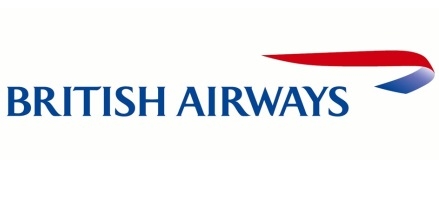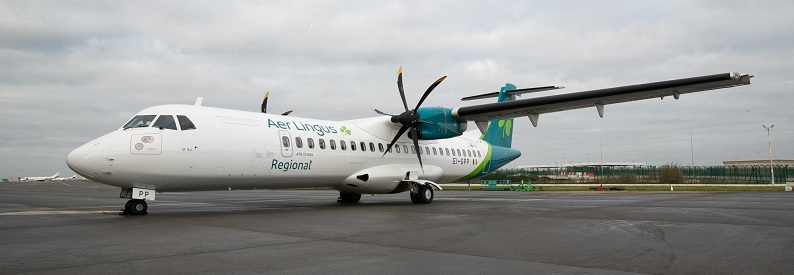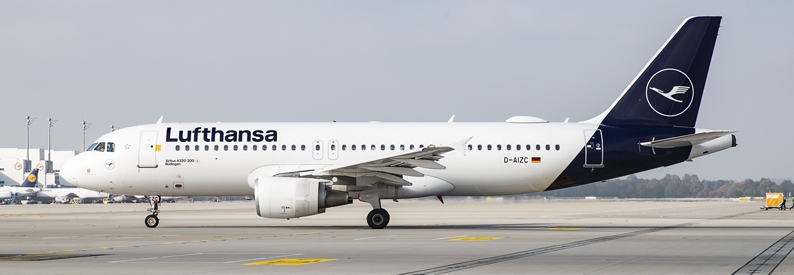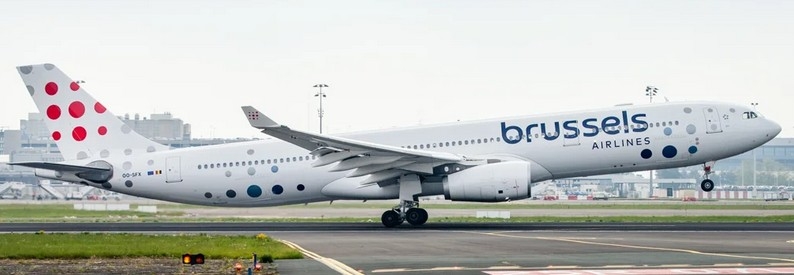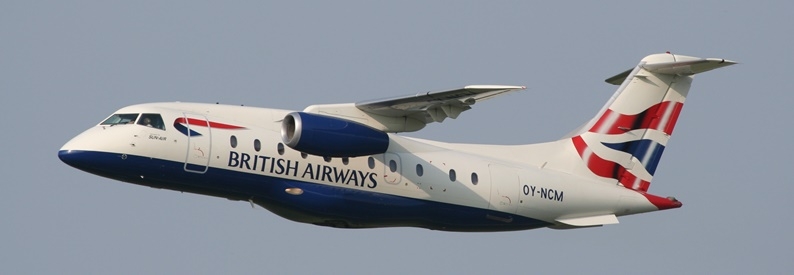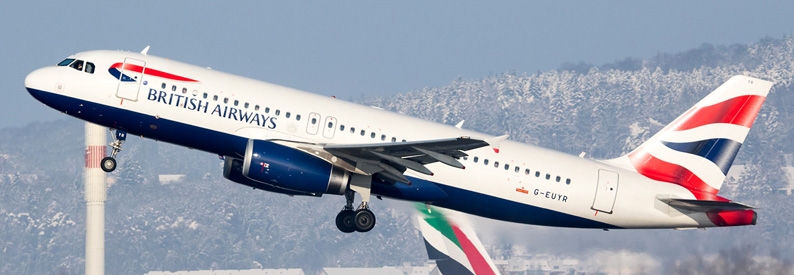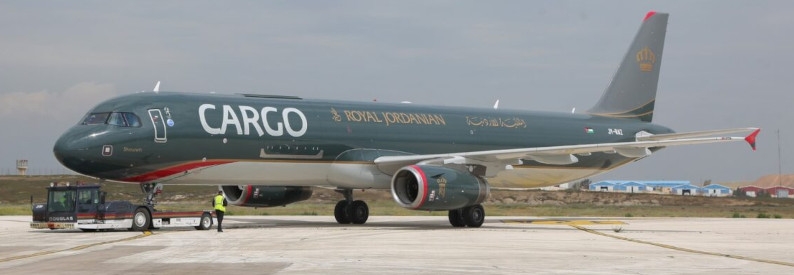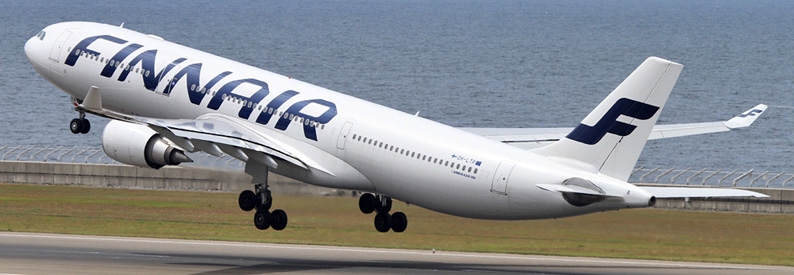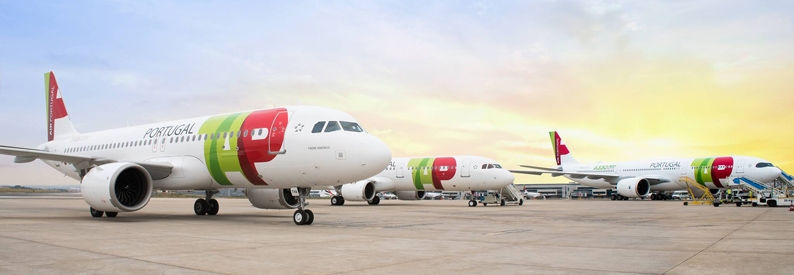British Airways (BA, London Heathrow) says it will continue to operate most of its short-haul flights from London Heathrow until October, while still flying some of its long-haul flights from London Gatwick at a time when travel demand is yet to return, and international travel restrictions remain in place.
In a statement emailed to ch-aviation, the airline was responding to a report in the UK’s The Telegraph that it was reviving plans to abandon Gatwick, Britain’s second-biggest airport, in favour of focusing on its Heathrow operations. The review reportedly followed instructions from IAG International Airlines Group, BA’s FTSE 100 parent company, over concerns that BA could lose its lucrative take-off and landing slots at Heathrow if not used, the newspaper reported.
“Until the end of October, most of our short-haul flights will continue to operate from Heathrow. This enables us to ensure a smooth, uninterrupted, and efficient operation across our business at a time when demand is yet to return, and international travel restrictions remain in place. We're still flying some of our long-haul flights from Gatwick,” a BA spokesperson told ch-aviation. He did not comment on the slot issue.
Reports surfaced last year that BA was considering quitting Gatwick after it suspended flights from the airport at the end of April 2020. According to ch-aviation schedules data, BA currently serves a limited number of Caribbean leisure destinations from Gatwick, including Antigua, Cancún, Kingston Norman Manley, Punta Cana, and St. Lucia Hewanorra.
According to the ch-aviation capacities module, BA faces strong competition from low-cost carriers at Gatwick. easyJet (London Luton) currently holds more than 52% market share at Gatwick in terms of aircraft seats, followed by Spain's Vueling Airlines (VY, Barcelona El Prat) at around 11%, with BA in third place at just over 7%.
Given the COVID-19 travel restrictions, UK Transport Secretary Grant Shapps has issued a waiver of the “use-it-or-lose-it” rules for Heathrow take-off and landing slots. However, if this was not extended, BA may need to focus on Heathrow’s more valuable slots to avoid losing them, the report said.
The Telegraph pointed out that: “Given Heathrow’s popularity, take-off and landing slots are highly sought after and can be traded by airlines for tens of millions of pounds”.
The British flag carrier holds 52% or 5,035 slots at Heathrow, followed by top slot holders Lufthansa (5%), Virgin Atlantic (4%), Aer Lingus (3%), American Airlines and United Airlines (both 3%), SAS Scandinavian Airlines, Swiss, and Air Canada (all 2%), and KLM Royal Dutch Airlines(1%), according to the International Bureau of Aviation (IBA).
Before COVID-19, according to the IBA, Heathrow was the busiest airport in Europe and the second busiest in the world by passenger traffic. In 2019, the airport handled a record 80.8 million passengers (an increase of 0.9% from 2018). In 2020, Paris CDG surpassed Heathrow carrying 200,000 extra passengers due to stricter and longer COVID-19 lockdown rules in the UK.
Constraint-wise, Heathrow has a combined movement limit of around 9,500 movements per week, equating to an average of around 40-45 aircraft movements per hour. Before COVID-19, capacity was around 99%. This constant high demand means airlines have to buy slots at significant prices for their preferred times.
According to IBA research, slot usage at Heathrow has fallen by around 80% because of the COVID-19 crisis, but – given the protection of the slots provided by the slot waiver – the airport is effectively still slot constrained. So far in 2021, Airport Coordination Limited (ACL) – which coordinates the slot allocation at Heathrow - has recorded more than 200 weekly slots traded between airlines including BA, United Airlines, Lufthansa, germanwings (4U, Cologne/Bonn), and Brussels Airlines (SN, Brussels National).
